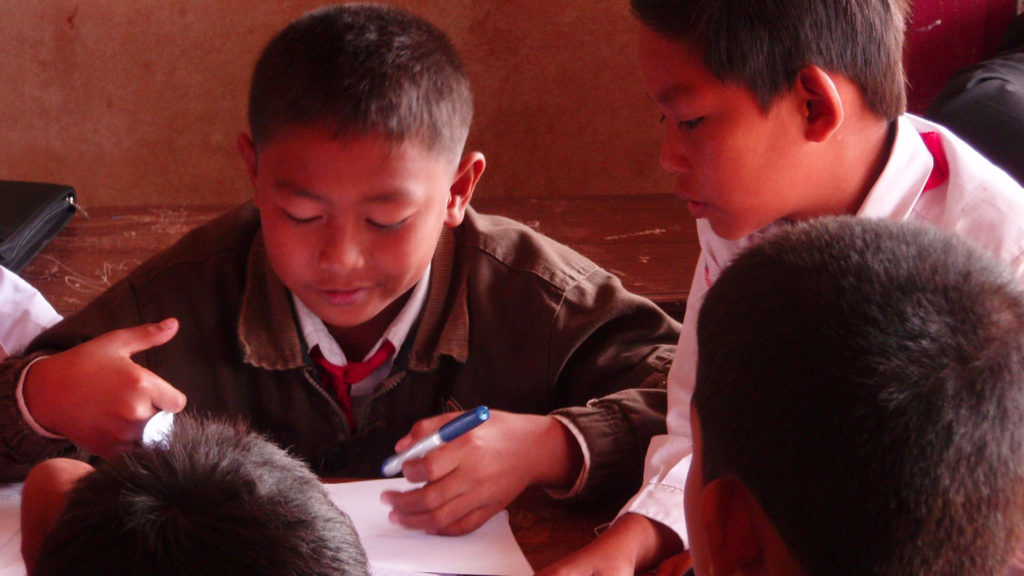Malaria- Zero Malaria Starts With Me

Malaria is a life-threatening disease caused by parasites that are transmitted to people through the bites of infected female Anopheles Mosquitoes. It is preventable and curable. The World Health Organization. (WHO) estimates that there were as many as 229million cases of malaria worldwide in 2019, with deaths standing at an estimated 409,000. In the same year under study, nearly half the world’s population was at risk of malaria, with most recorded cases and deaths occurring in sub-Saharan Africa.
April 25 every year is an international recognized day set aside to commemorate World Malaria Day. The day aimed to bring global attention to the efforts being made to bring an end to malaria and encourage action to reduce suffering and death from the disease. This year’s theme is “Reaching the Zero Malaria Target”. Since 2000, the world has made historic progress against malaria, saving millions of lives. However, half the world still lives at risk from this preventable, treatable disease, which costs a child’s live every two minutes. In 2015, Centre for Disease Control (CDC), the Nigeria National Malaria Elimination Programme (NMEP), the Nigeria Field Epidemiology and Laboratory Program (NFELTP), and the National Stop Transmission of Polio (NSTOP) program initiated the NSTOP\Malaria Frontline project to improve the effectiveness of malaria control in Nigeria by strengthening the technical capacity of Nigeria’s public health system to reduce malaria, as well as improving the tools and policies used to prevent, detect, and respond to epidemics and other endemic high-impact diseases.
Over the past year, the Malaria Frontline Project provided training, on-site mentorship, and technical support to local government health officials across Kano and Zamfara State. This project allows the monitoring of the stocks of malaria prevention and treatment supplies and trends in local illness cases diagnosed and treated in each of the health facilities. This enables the use of data to spot early trends and target emergency supplies and outreach efforts at the time and place where they will do the best. This effort to collect and utilize malaria data locally is part of a needed reset for malaria programs in densely populated, high-burden places like rural Nigeria.
The major objective of most current National Malaria Control Programs and most malaria activities is to reduce the number of malaria-related cases and deaths. The African Union Catalytic Framework to End AIDS, Tuberculosis, and Eliminate Malaria in Africa by 2030 has set ambitious targets for eliminating malaria by 2030. However, there is only as much the government can do which is why tackling the menace is now approached from the individual level. Numerous studies have outlined measures to effectively prevent the spread of malaria, some of which include:
· Mosquito Control: This is a vital component of malaria control strategy, which involves limiting or eliminating the breeding of mosquitoes. Stagnant water which is one of the major breeding habitats for mosquitoes must be prevented. By preventing the water logging, destroying unwanted water collections and keeping the water containers closed, sources of egg laying can be denied and breeding of mosquitoes prevented.
· Use of Insecticides: Insecticides or larvicides can be used both on breeding grounds and in enclosed dwelling spaces to kill both the developing larvae and the adult mosquitoes to prevent growth and inevitable bites.
· Make sure the windows and doors of your room are covered with a screen/mesh. Make sure the mesh has no holes through which mosquitoes can enter.
· Keep room fully air conditioned or fans switched on. The circulating air seems to deter mosquitoes to an extent.
· Antimalarial drugs: Antimalarial medicines can also be used to prevent malaria. For travelers, malaria can be prevented through chemoprophylaxis, which suppresses the blood stage of malaria infections, thereby preventing the malaria disease.
The total elimination of malaria is a collective effort with the dividends quite substantial. However, this process starts with the individual efforts of everyone!
Share this:
- Click to share on Twitter (Opens in new window)
- Click to share on Facebook (Opens in new window)
- Click to share on Telegram (Opens in new window)
- Click to share on WhatsApp (Opens in new window)
- Click to share on Pinterest (Opens in new window)
- Click to share on LinkedIn (Opens in new window)
- Click to email a link to a friend (Opens in new window)

